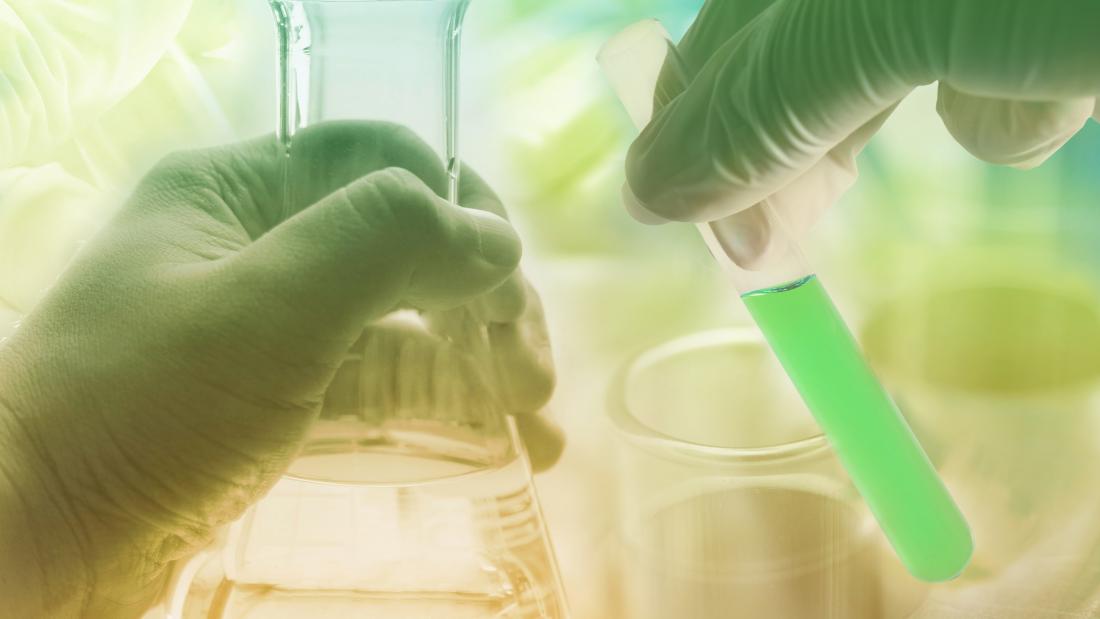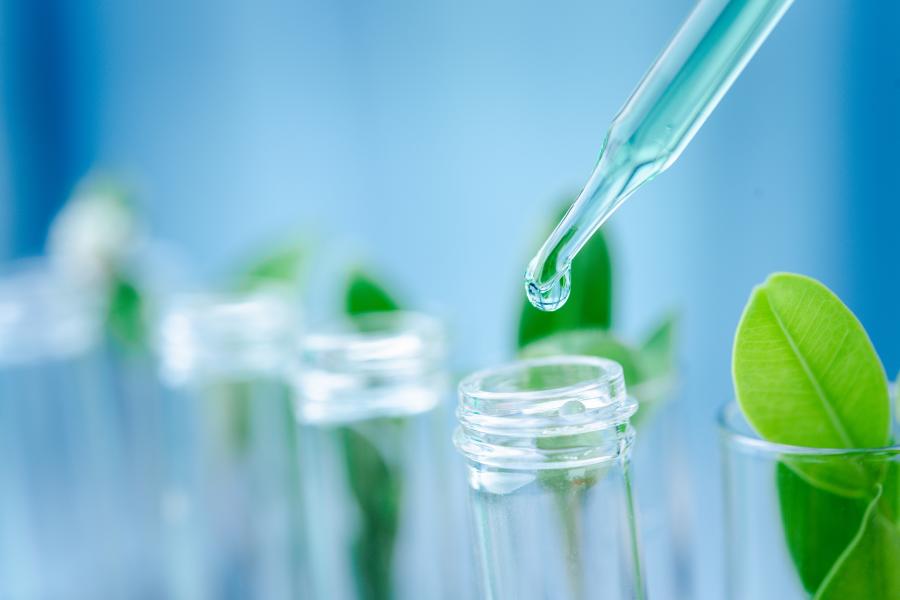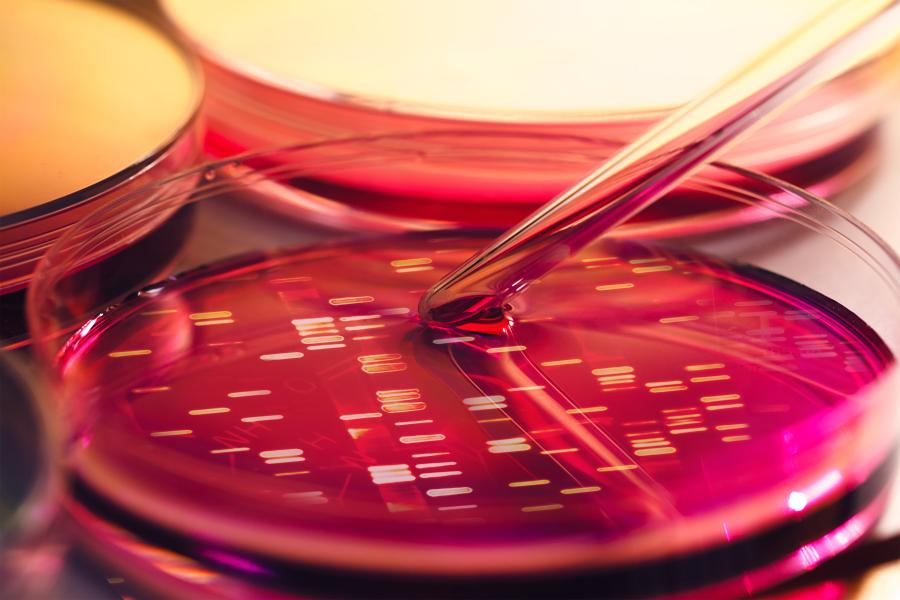About This Course
The MSc by Research in Environmental Microbiology and Biotechnology is a one-year full-time programme that differs from a taught Masters programme by placing more emphasis on research, and by being examined much more like a PhD, by viva voce (oral) examination, rather than by grading of coursework and dissertation. This degree will equip you with confidence and competence in the latest research skills (including generic skills such as literature searching, legal and ethical aspects, project planning, grant proposal writing, and statistical manipulation of data) and allow you to apply for further research training (PhD) programmes, or to directly apply for research positions in universities or research institutes.
The first three months will be spent refining your project proposal and conducting a thorough Literature review. You will also present your proposal to the rest of the cohort and supervisors. Feedback obtained will enable you to improve the final project and thesis. You will also be expected to take advantage of the training programme provided by the College of Environmental Sciences and Engineering Graduate School and the University Doctoral School in both subject-specific and generic postgraduate-level skills.
Further details of research specialisms and contact details for staff can be found on the Research pages of the School of Natural Sciences and the Centre for Environmental Biotechnology (CEB), the Welsh Government-funded research capacity building project (£7.8M), which is focussing on biotechnological applications of extremophilic microorganisms, their enzymes and metabolites . As well as offering strong support for research activities, the School offers unique opportunities for students to conduct project work under internationally recognised supervisors who are experienced staff affiliated also with CEB.
Specific funded projects leading to this degree are advertised from time to time, but you are welcome to discuss options at any time with potential supervisors:
The examples of subjects of potential projects include (but are not limited to):-discovery of novel enzymes of industrial relevance from extremophilic microorganisms and their communities;
- cultivation of extremophilic (e.g. hyperacidophilic) archaea;
- microbiology of petroleum degradation in marine environments: cultivation and OMICS studies);
- applications of marine oil-degrading bacteria (enzymes, surfactants, biopolymers, osmolytes);
- culture-independent (metagenomic) analysis of taxonomic composition and functional potential of microbial communities;
- investigation of the role of marine microorganisms and their enzymes in the fate of synthetic polyester plastics
- application of metabolomics technologies to enzyme discovery (general principles, sample preparation, targeted and discovery mode LC-MS analysis of complex metabolite mixtures and data analysis (bioinformatics);
Students will also benefit from our extensive local, national and international links with state and private sector organisations.
Entry Requirements
A good first degree (2.ii or above) in a relevant biological subject from a university, or a similar qualification from any other institution. Alternatively, possession of a suitable professional qualification and relevant practical experience may also be accepted. Mature students without a degree but having substantial recent and relevant (e.g. industrial) experience will also be considered.




